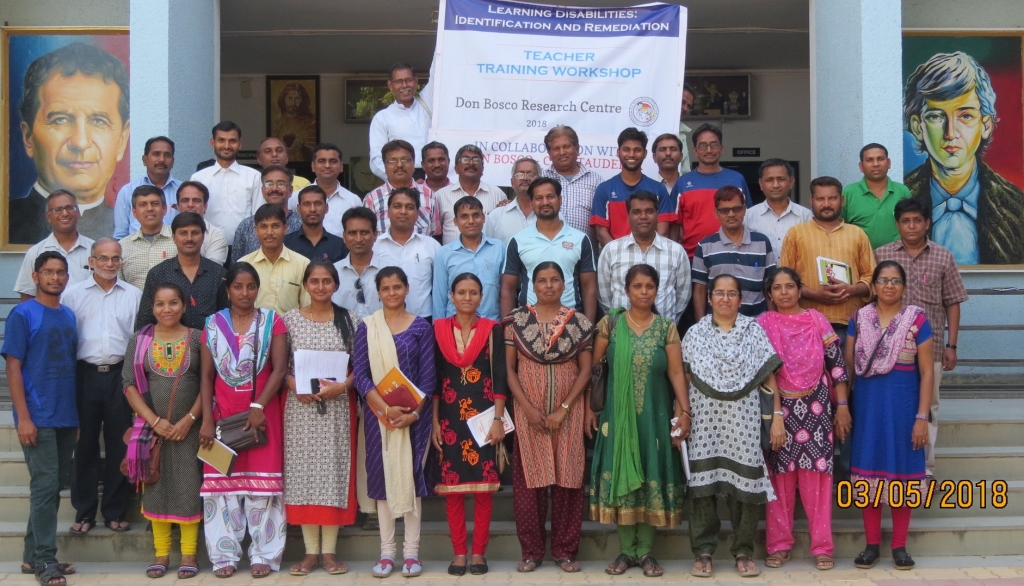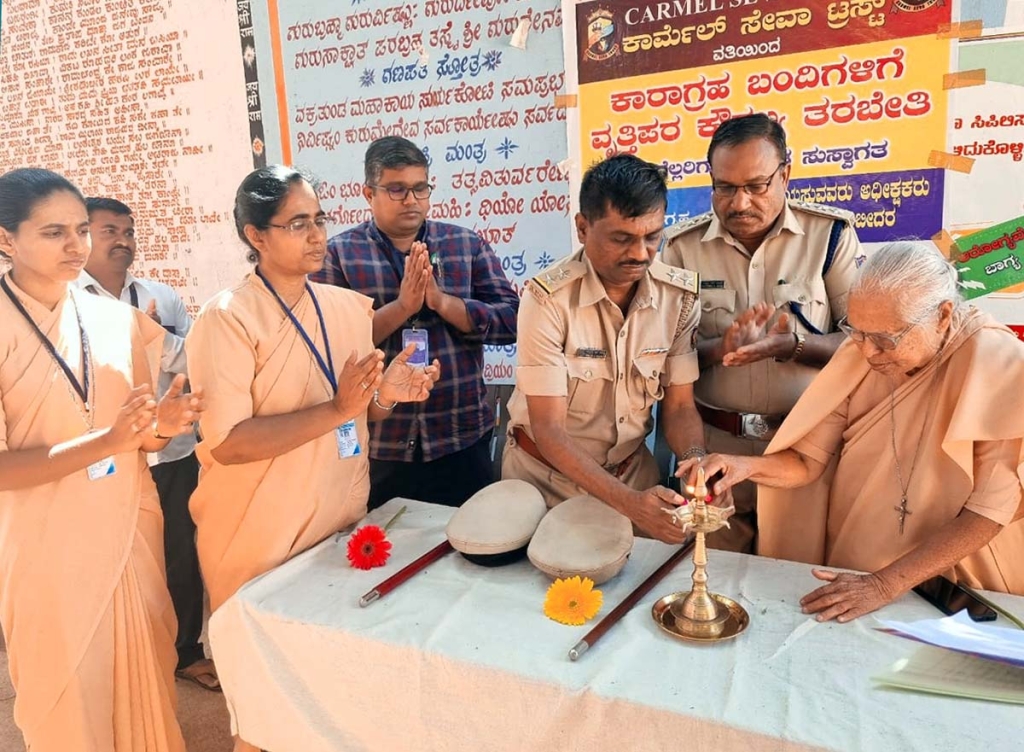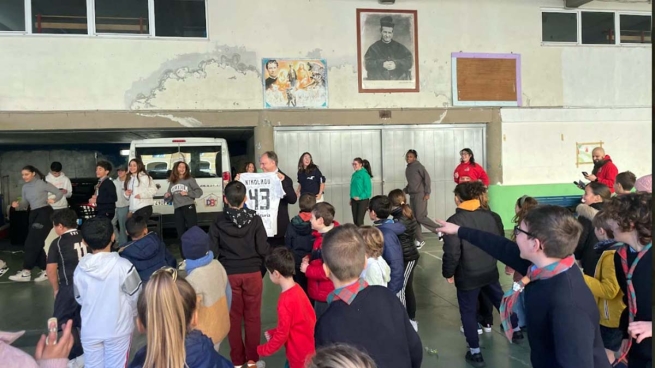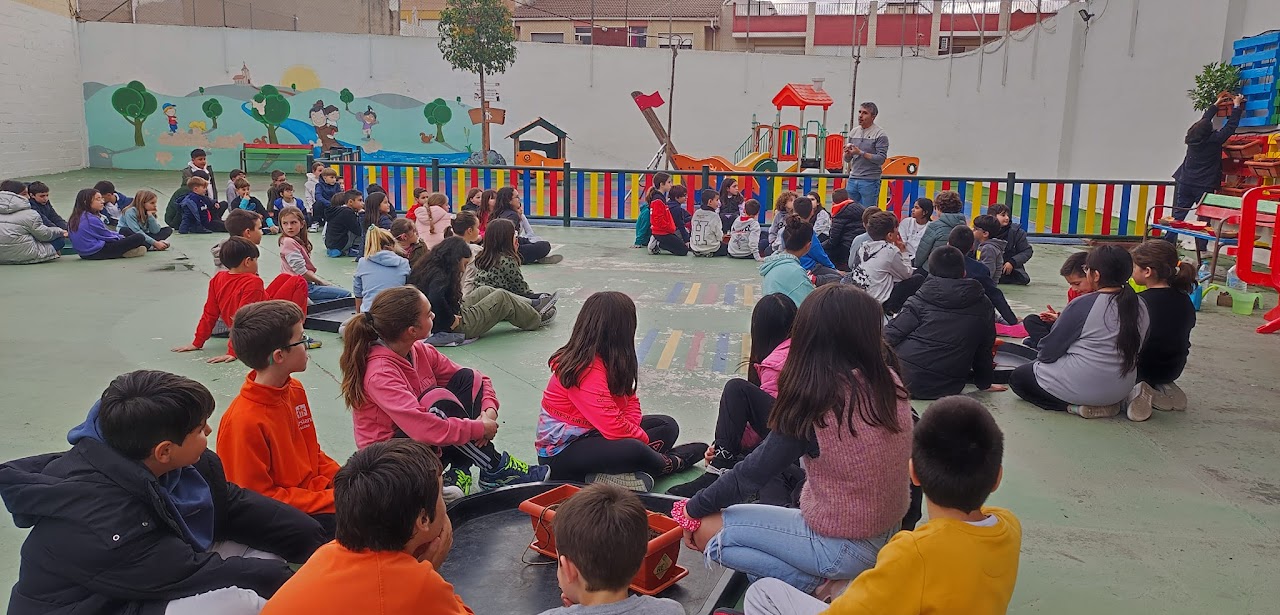INDIA: Teachers and school social workers attend seminar to gain strategies for assisting children with learning disabilities

(MissionNewswire) The Don Bosco Research Center in Mumbai, India, in collaboration with the Lok Seva Kendra Chhota, organized a day-long teacher training workshop. The workshop, held May 3 at the Don Bosco Chhotaudepur, was titled“Learning Disabilities: Identification and Remediation.” Teachers and school workers from Narukot, Kawant and Chhotaudepur participated in the workshop.
Father Ajoy Fernandes, director of Don Bosco Research Center-Mumbai, was the resource person for the workshop and facilitated the event. He was assisted by Father Mayank Parmar, director of DRISTI Don Bosco-Kapadvanj. The bilingual workshop was held in English and Gujarati. It taught teachers and social workers to better understand the learning problems that children have and how to identify issues, enabling children to learn better.
Through input and simulated interaction in groups, Fr. Fernandes and Fr. Parmar helped teachers to understand environmental, emotional and behavioral challenges, as well as learning problems of school children. The teachers were taken through the process of recognizing, identifying, accepting and assisting the child with difficulties to encourage, support and enable these children to cope with and improve their learning ability.
“It is important to understand and help children with learning difficulties,” says Fr. Fernandes, a trained psychotherapist with a PhD from Manila, Philippines. “As teachers who want the best for children, and as responsible parents, all of us need to acknowledge, be aware, recognize, accept and intervene constructively through a multi-pronged approach that involves IQ testing and comprehensive assessments including educational assessment, clinical assessment and occupational therapy.”
Fr. Fernandes also provided the participants with guidelines for personal and group reflection with pertinent examples from his research work with 140 schools in Mumbai and from 10 other metropolitan cities across India. He also administered a pre- and post-workshop questionnaire, the findings of which will eventually be published and presented to the government of India to help alleviate the learning disabilities of school children.
“This is such a wonderful learning experience,” said Kiran, one of the participating teachers from Don Bosco Chhota. “Despite the sweltering heat, we were totally attuned to the presentation and the discussions because it affects us as teachers and because without understanding the children, we will not be able to make any headway in our teaching. Dyslexia, dysgraphia, dyspraxia, and dyscalculia are all learning disorders that can be rectified and reversed if attended to at the right time in the right manner.”
Teachers play an important role in the lives of poor youth in Salesian schools. Their work is vital to their students’ success both in and out of the classroom. Salesians educate more than 1 million youth in 3,200 primary and secondary schools and more than 800 vocational, technical and agricultural schools in more than 130 countries around the globe.
Salesian teachers face many challenges educating poor youth. Many of their students have faced severe poverty and often lack basic needs such as food, clothing and shelter. Some were previously living and working on the streets and others have faced war as child soldiers or become refugees in war torn communities. Salesian teachers meet these challenges head on, providing education and hope for a brighter future.
India has the world’s fourth largest economy but more than 22 percent of the country lives in poverty. About 31 percent of the world’s multidimensionally poor children live in India, according to a new report by the Oxford Poverty and Human Development Initiative. A multidimensionally poor child is one who lacks at least one-third of 10 indicators, grouped into three dimensions of poverty: health, education and standard of living.
India’s youth also face a lack of educational opportunities due to issues of caste, class and gender. Almost 44 percent of the workforce is illiterate and less than 10 percent of the working-age population has completed a secondary education. In addition, many secondary school graduates do not have the knowledge and skills to compete in today’s changing job market.
###
Sources:
ANS – India – Teachers explore Learning Disabilities at Don Bosco Chhota
World Economic Forum – 8 things you need to know about India’s economy




